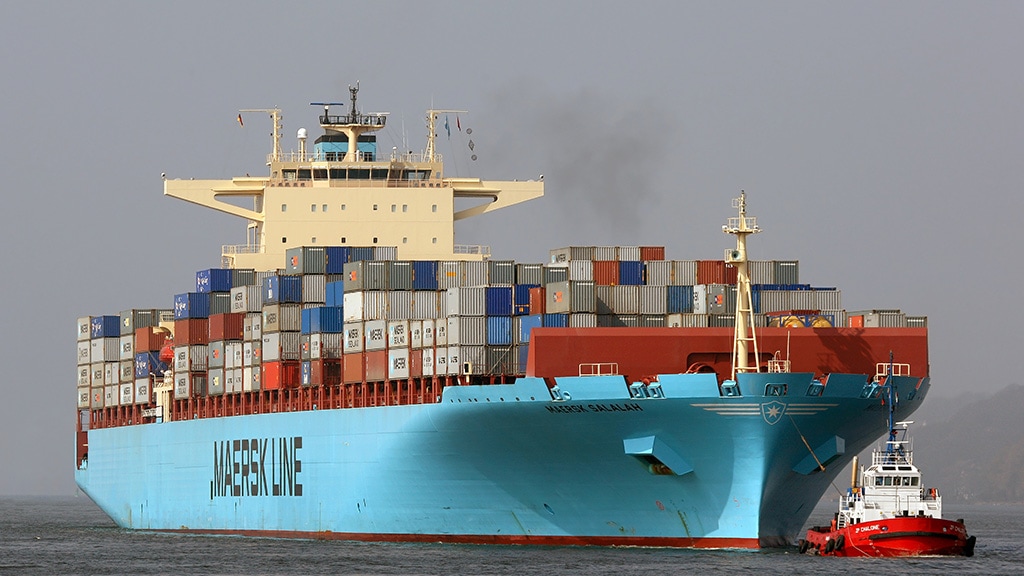Maersk CEO highlights the potential consequences and uncertain timeline for Red Sea trade flow restoration.
Maersk CEO, Vincent Clerc, cautioned on the impact of continuous Red Sea disruptions, raising concerns about global economic growth. The redirection of vessels away from the Red Sea poses logistical challenges, adding weeks to Europe-Asia voyages, according to Clerc. Ongoing clashes, Houthi attacks, and product delays intensify uncertainties in shipping.
The uncertain future of Red Sea passage
Vincent Clerc, the CEO of Maersk, one of the world’s leading container shipping companies, has sounded the alarm on the ongoing disruptions in the Red Sea in comments made to the Financial Times. “It could potentially have quite significant consequences on global growth,” Clerc said. The uncertainty surrounding the re-establishment of trade flows through this crucial waterway has the potential to impact global economic growth significantly.
Navigating challenges: Vessels diverted and logistical complexities
On Friday, Maersk announced the diversion of its vessels from the Red Sea for the “foreseeable future.” This strategic shift aims to bypass the turmoil caused by Houthi militant attacks, ensuring the safety of shipping activities. However, the redirection comes with its own set of challenges, as vessels now traverse the southern coast of Africa, extending Europe-Asia voyages by two to four weeks.
“The situation is constantly evolving and remains highly volatile, and all available intelligence at hand confirms that the security risk continues to be at a significantly elevated level,” Maersk said in a statement.
Ripple effects on global trade and economy
The continuous disruptions and diversions in the Red Sea have far-reaching consequences. Companies like Ikea have already issued warnings about potential delays in product deliveries. The resulting impact on freight rates adds another layer of complexity to the global shipping landscape. The recent hijacking of an oil tanker near the Gulf of Oman further underscores the volatility in the region.
Global economic outlook: A challenging half-decade ahead
The World Bank’s recent statement on global growth paints a challenging picture. With ongoing conflicts in the Middle East and Ukraine, the crisis becomes a significant player in the broader economic landscape.
Ayhan Kose, the deputy chief economist of the World Bank, emphasized the multitude of risks the world economy faces, placing the Red Sea disruptions in the context of escalating global tensions.
For more trade news, visit our dedicated archives.

1 Comment
Pingback: Maritime traffic surges around South Africa as firms avoid Red Sea